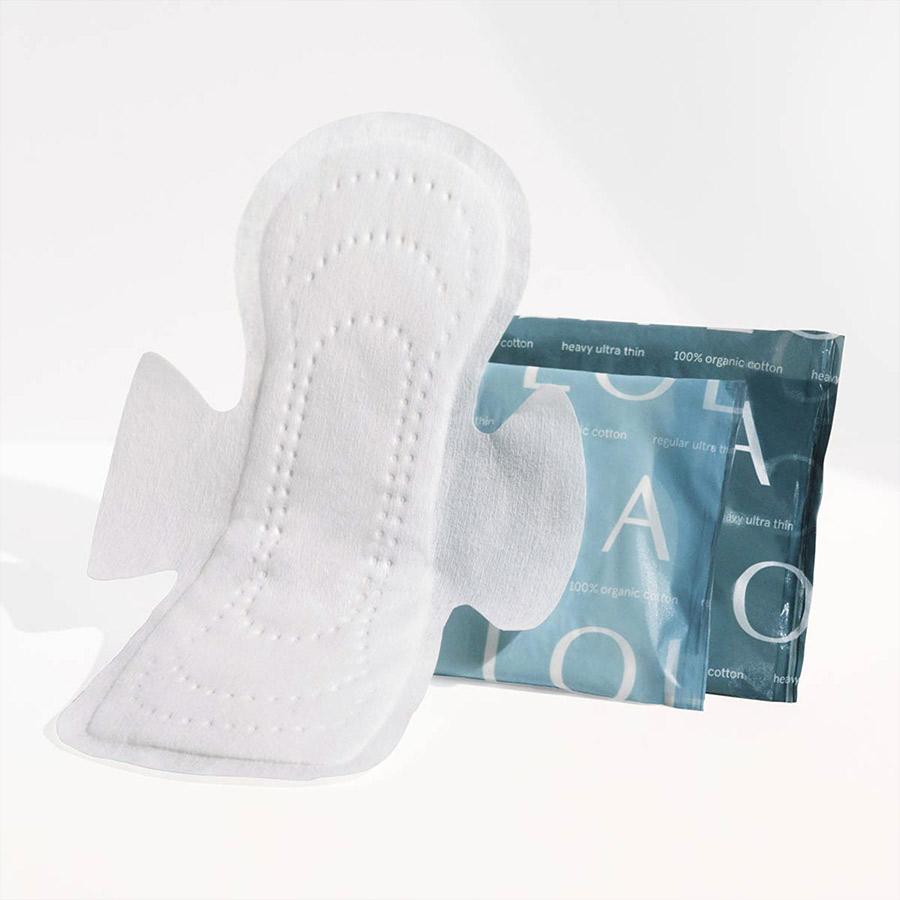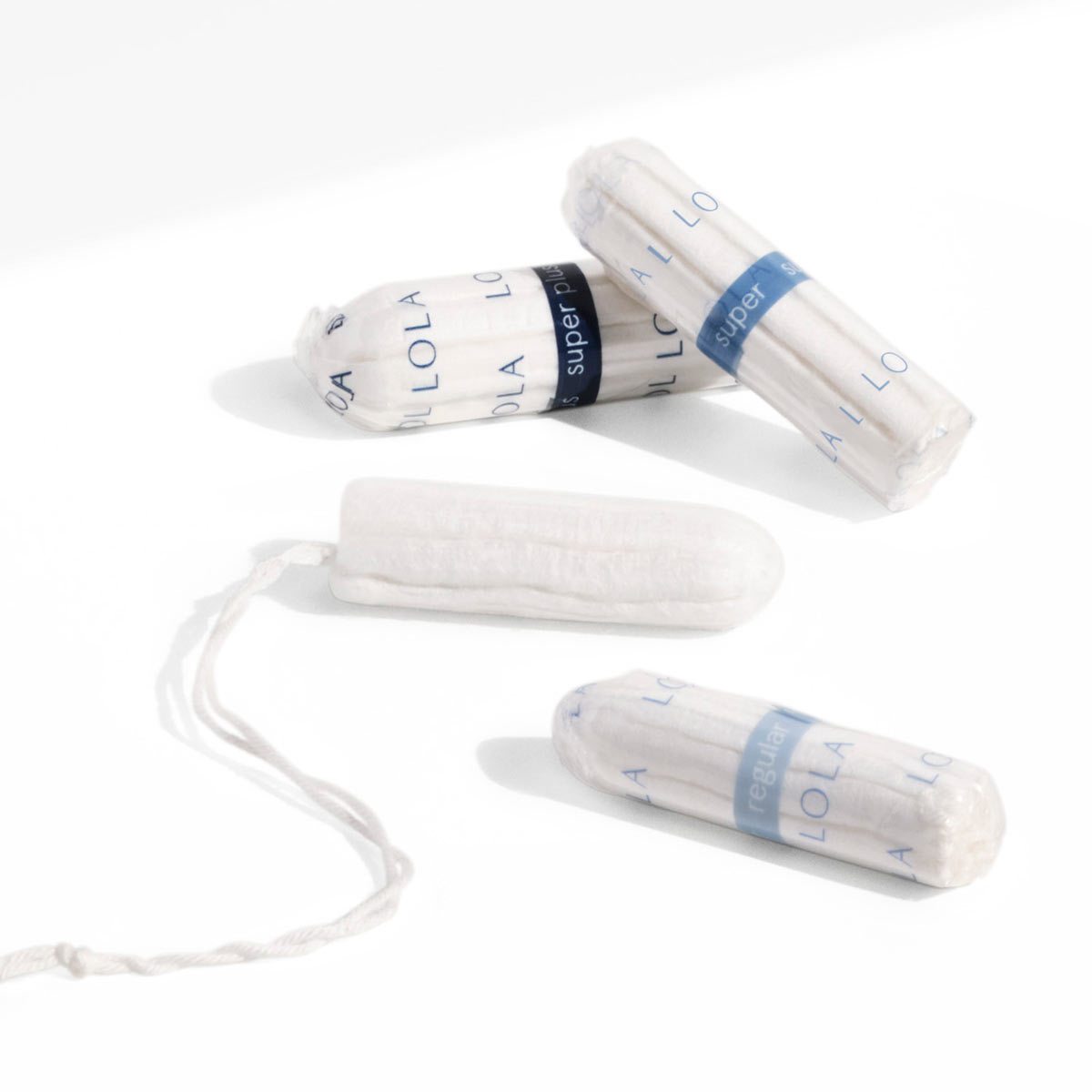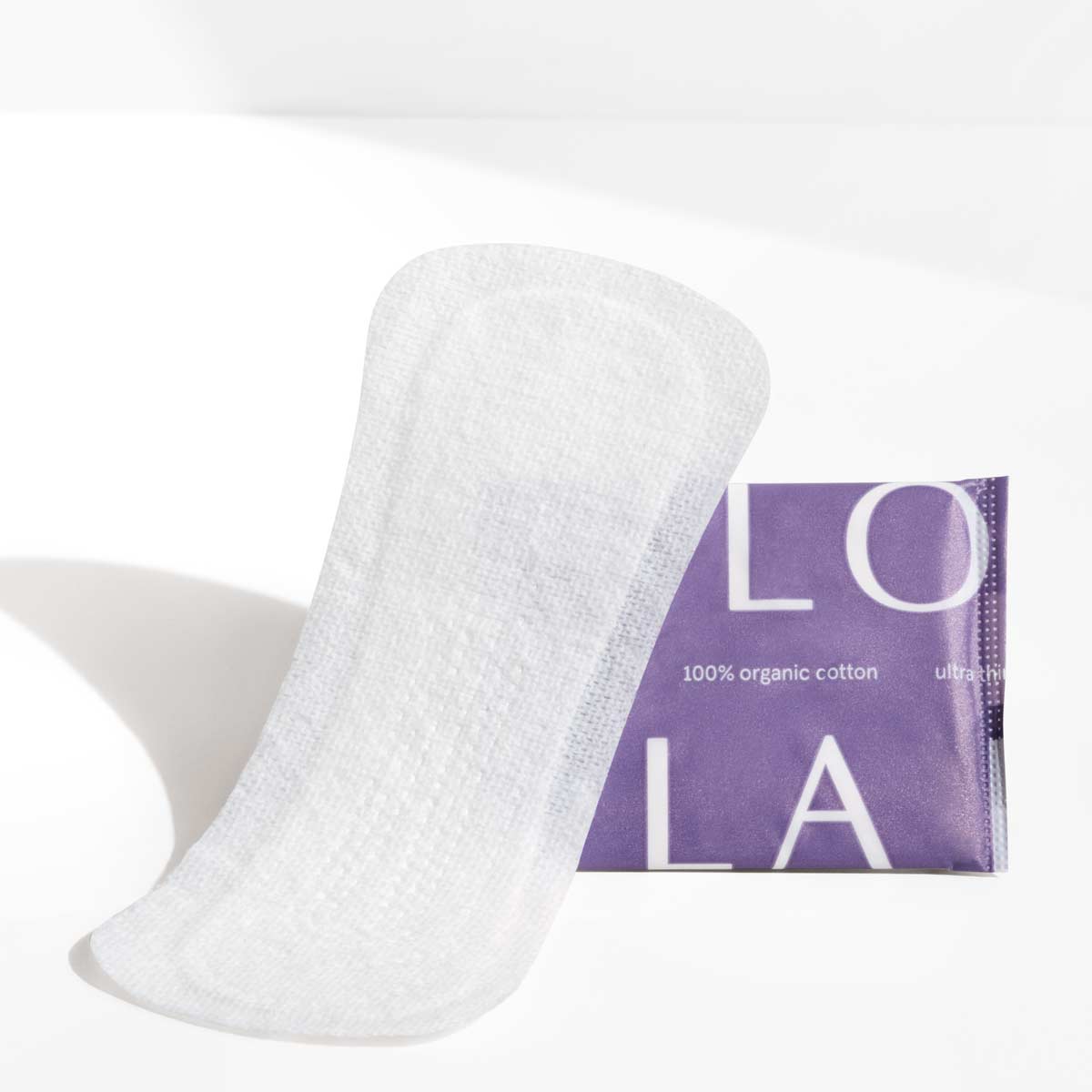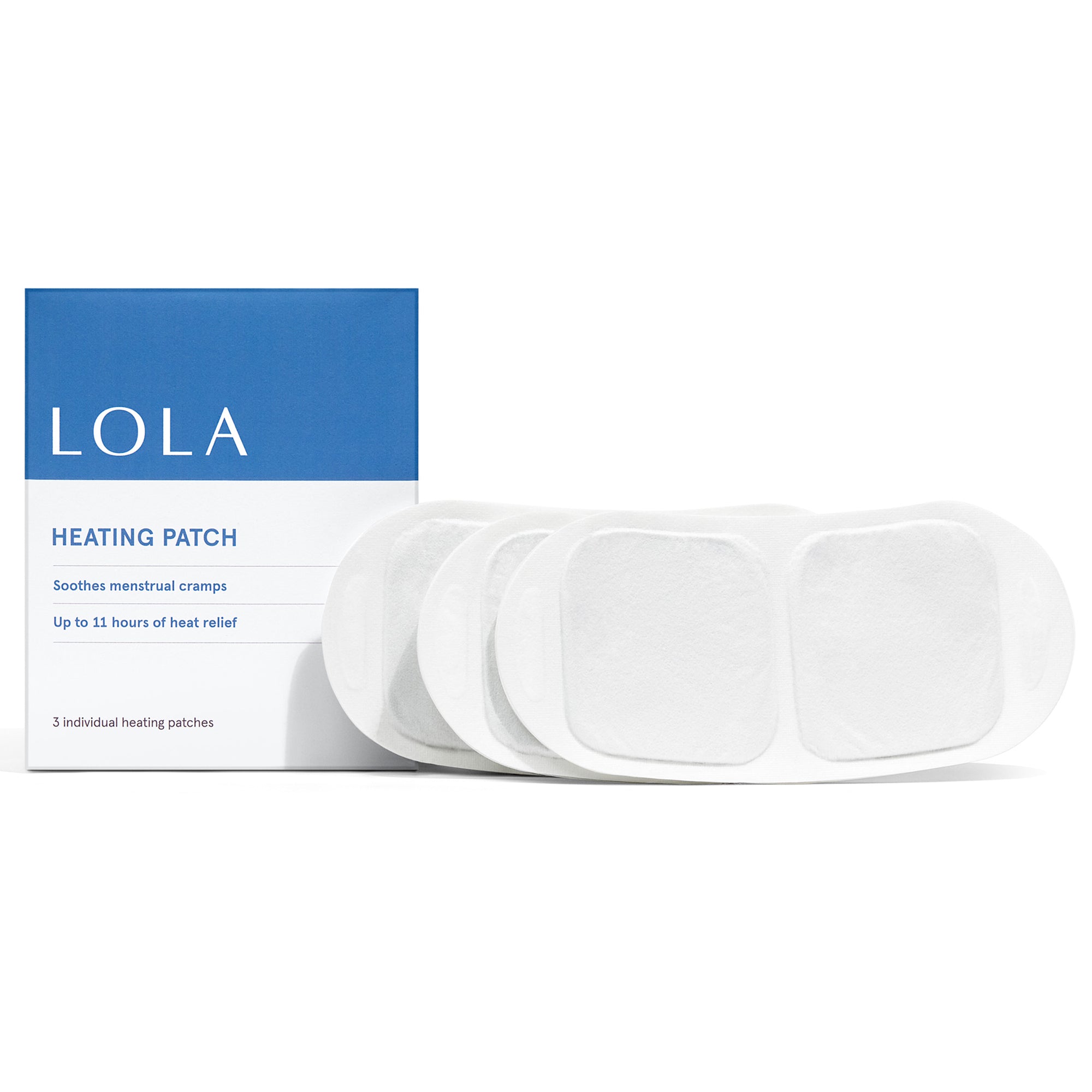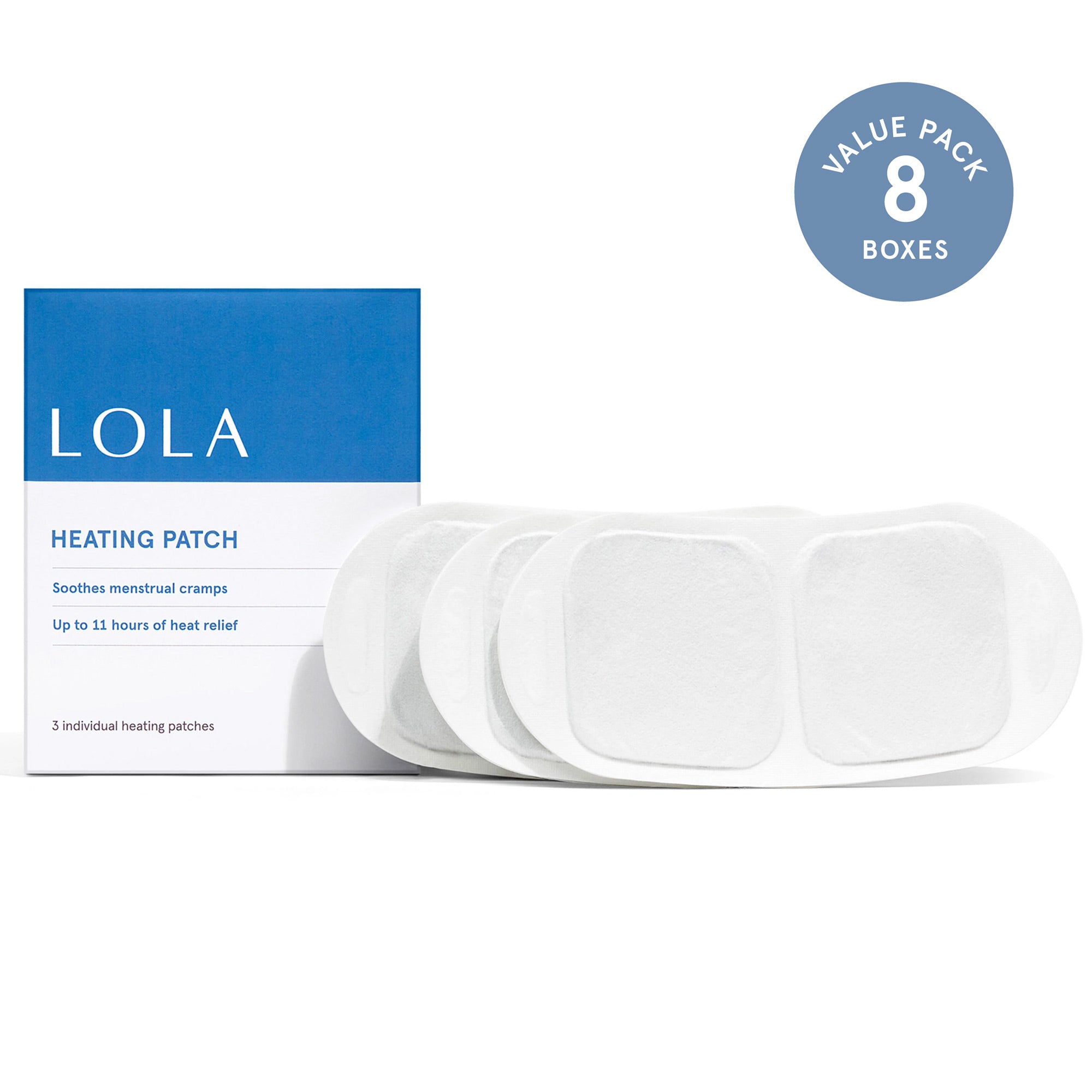Periods aside, the topic we get asked about most at LOLA is sex. Questions from our community roll in daily, spanning age groups and covering everything from fertility to orgasms. Some questions in particular we hear over and over again " and we figured it's high time we answer them with help from an expert.
Enter Sloane Bickerstaff, sexual health communicator and public health professional. Sloane joined the LOLA Collective last year to educate us on everything from sexual health to reproductive justice. Here are her answers to the top five sexual health questions we hear from our community.
Why am I not able to orgasm?
Don't worry, you are not alone! Contrary to what we see in the media and porn, climaxing for most women is not easy. There is an emotional, mental, and physical aspect to sex and reaching a satisfying orgasm can be influenced by a lot of outside factors. Some of these factors include stress, anxiety, hormone levels, diet, medication, lack of lubrication, and lack of communication with your partner.
That said, there are a few things you can do to achieve orgasm. First, explore your body and learn what you like, and try clitoral stimulation. Second, think outside the box: incorporate sex toys, use lubricant or a pleasure gel, try fantasizing, and communicate what feels good with your partner before and during sex.
If you've tried exploration and direct clitoral stimulation and are still concerned, you can always talk to your doctor or a psychologist. Don't be afraid to ask the question!
How and when should I educate my child about sex?
When it comes to talking to your children about sex, I always say it's not just one talk, but several. If you, the parent, only focus on having a single conversation, you risk limiting the topics of future conversations with your child. You also risk unintentionally allowing other people and sources to fill the gaps with misinformation.
I recommend having a bunch of mini conversations so that "The Talk" does not burden you, or embarrass or intrude on your child. Have a series of age-appropriate conversations about hygiene, sex, sexuality, sexualization, and healthy relationships in order to build trust with them. When the time comes for them to make decisions about sex, they will be more likely to make informed decisions and come to you with further questions or concerns. You got this!
How do I know if I am fertile enough to get pregnant?
Fertility is not a one-size-fits-all situation. There are a few methods you can try to see if you're fertile. First, you can track when you are ovulating. There are certain apps you can download on your phone to assist you in knowing the exact window of time when you ovulate. You can also get home tests, like ovulation tests strips or an ovulation predictor kit. Knowing when you ovulate can help determine the best times to have sex and increase your pregnancy odds.
Second, there are many factors that can affect fertility including the use of tobacco or alcohol, body weight, age, history of fibroids or endometriosis, or a history of sexually transmitted infections (STIs). If you are concerned about your fertility, schedule an appointment with your doctor or a reproductive endocrinologist who is trained to assist with fertility. It is generally recommended that before going to see a doctor a woman should try to get pregnant for at least a year if they are younger than 35, and six months if older than 35.
It's important to remember everyone's journey to motherhood is different, so take it one day at a time.
Should I have a post sex hygiene routine?
In some circles this is a matter of personal preference, and some situations call for more delicacy. Some people definitely lay in bed after sex, cuddle and fall asleep, but I truly believe in a post sex hygiene routine!
That routine can vary, and might include:
- Urinating after sex aids in emptying out the bladder and minimizes risk of infection. The vagina is self-cleaning, so don't douche. It can offset your natural balance of bacteria.
- A gentle rinse with warm water on the exterior parts of your genitalia.
- Some people drink a glass of water to help stay hydrated, and possibly pee out more bacteria.
- Wearing loose clothes to let air in after sex, or skipping the underwear all together.
Lastly, make sure you wash your hands and your toys after sex, to get ready for the next round.
How do I know if I have an STI?
You can get a sexually transmitted infection (STI) from oral, anal, or vaginal sex. Some STIs have symptoms, but many have no symptoms at all. You can protect yourself from STIs by abstaining, getting vaccinated, practicing mutual monogamy, reducing your number of sex partners and using condoms.
Used correctly, condoms are very effective at preventing most STIs (including HIV) and pregnancy. Internal condoms, also known as female condoms, can also reduce the risk of STIs and prevent pregnancy.
All said, the only way to really be sure that you don't have an STI is to get tested. You can get tested at the local health department or your private physician. Untreated STIs can cause serious health problems, but most STIs are easily treated. It's no fun if we all get one, so get tested!
Have a question about sexual health? Ask our team of experts!

